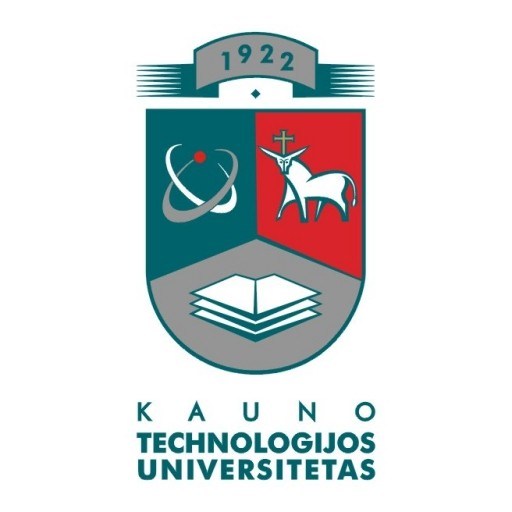Description
The planning and public policy major prepares students for entry-level jobs in the public and private sectors, especially those in housing, land use, environment, transportation, and community development, and graduate education in urban planning, public policy and other fields.
Learning Goals:
- Intellectual and Communication Skills
- Critical Thinking: Students will develop their critical thinking skills by reading, discussing and evaluating information about issues related to planning and public policy.
- Communication: Students will present their internship experience and capstone research papers as oral presentations in an open venue.
- Mathematical Reasoning and Analysis: Students will develop and apply concepts from research methods and basic statistics to critically analyze information as it applies to planning and public policy.
- Scientific Inquiry: Students will develop a research question and write a coherent, well-organized capstone paper about a topic related to planning or public policy.
- Information and Computer Literacy: Students will develop research and computing skills that allow them to create and use existing databases to analyze information related to planning and public policy.
- Professional Development & Ethics: Students will integrate and apply concepts from earlier coursework in a contracted internship experience with a planning or public policy agency. Students will complete at least one human subjects certification program.
Detailed Course Facts
Application deadline February, October Tuition fee- USD 27978 Year (EEA)
- USD 13683 Year (National)
Languages Take an IELTS test
- English
Course Content
Courses include:- US Social Policy
- Gender, Family, and Public Policy
- Aging and Public Policy
- Cybercities
- Principles of Public Management
- Managing People and Organizations
- Nonprofit Management
- Planning Administration and Practice
- Research Methods
- Internship with Seminar
- Urban Revitalization
- Demography and Population Studies
- GIS for Health and Planning
- Principles of Real Estate
- Market Analysis for Development
- Historic Preservation
- Environmental Economics and Policy
- Local Economic Development
- Human Rights and Health
- Bloustein Research
- Environmental and Land Use Law
English Language Requirements
IELTS band : 6.5 TOEFL paper-based test score : 550 TOEFL iBT® test : 79
To study at this university, you have to speak English. We advice you to
take an IELTS test. More About IELTSRequirements
To pursue the major, students must apply and be admitted to the Edward J. Bloustein School of Planning and Public Policy by completing the Application for Declaration of Undergraduate Major form. Applicants must have at least a 2.50 cumulative gpa and a grade of C or better in the prerequisite courses in order to declare the public health major. Completion of the planning and public policy major leads to a bachelor of arts (B.A.) degree jointly issued with the School of Arts and Sciences.
Work Experience
No work experience is required.
Want to improve your English level for admission?
Prepare for the program requirements with English Online by the British Council.
- ✔️ Flexible study schedule
- ✔️ Experienced teachers
- ✔️ Certificate upon completion
📘 Recommended for students with an IELTS level of 6.0 or below.
Related Scholarships*
- Academic Excellence Scholarship
"The Academic Excellence Scholarship can provide up to a 50 % reduction in tuition per semester. These scholarships will be renewed if the student maintains superior academic performance during each semester of their 3-year Bachelor programme. The scholarship will be directly applied to the student’s tuition fees."
- Alumni Study Travel Fund
Scholarships for students who are already attending the University of Reading.
- Amsterdam Merit Scholarships
The University of Amsterdam aims to attract the world’s brightest students to its international classrooms. Outstanding students from outside the European Economic Area can apply for an Amsterdam Merit Scholarship.
* The scholarships shown on this page are suggestions first and foremost. They could be offered by other organisations than Rutgers, The State University of New Jersey.
Funding
Rutgers uses your FAFSA to develop a financial-aid package based on your qualifications, financial need and the funds available to the university. Your package may include any or a combination of these major financial aid sources:
- Gift aid does not require repayment and is divided into three categories: grants (which recognize financial need) and scholarships and awards (which recognize academic merit, special talents, or other achievements).
- Loans must be repaid (usually after graduation) and can come from private lenders as well as federal, state and university sources.
- Work-study allows students to earn money for college expenses while gaining valuable skills - often in their intended field.
Accreditation
The Rutgers name is recognized everywhere, and a Rutgers degree makes a great first impression. Weve built our academic reputation on solid accomplishments:
- Rutgers is a memberso are Harvard, Yale, and Berkeleyof the prestigious Association of American Universities, the 61 leading research universities in North America.
- More than 175 Rutgers research centers support pioneering work in stem cells, climate change, DNA analysis, and more.
- Rutgers international reputation draws top students from more than 130 countries and all 50 states.








